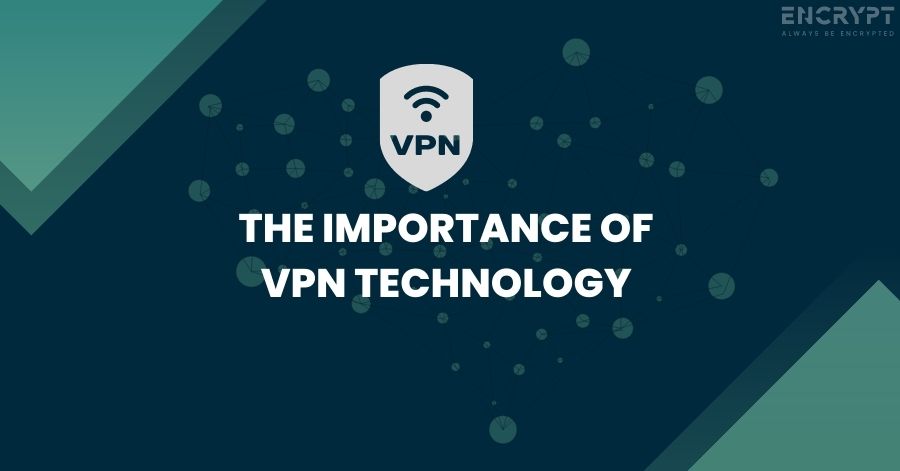During the first week of the pandemic, stay-at-home orders ushered in a new era of remote work, sparking an increase in virtual private network (VPN) usage by about 124% in the US. However, VPN usage statistics from Security.org found that 25% of people used VPNs for business purposes. More people — around 30% — only opted to use VPNs for personal use. Research indicates that more internet users access VPNs for personal security and privacy, but separate this safety measure from the context of their workplace.
This poses a problem for organizations, as it is unlikely we’ll ever return to a full, face-to-face office structure. A hybrid approach to work will dominate, so organizations must consider upgrading their technologies. As a feature on building a future-proof workforce by LHH discusses, the key to workforce transformation now is adaptability. We need to help employees learn and apply new skills, embrace fresh mindsets, and stay relevant to create appropriate company cultures in a post-pandemic world. Adaptability keeps businesses high-performing and agile in the face of new cybersecurity risks.
Corporate VPNs are the right tool for future-proofing remote work, as they provide secure and stable access to company applications and resources to employees. Here are three key reasons why you should include VPN technology in your workplace shift:
It allows for safe remote corporate access
In our post on ‘What Is VPN and How It Works?’, we discussed how VPN enables users to make a safe connection with another network through the internet. Once you turn on the VPN for any device, the VPN will serve as a tunnel that passes traffic privately and keeps it safe from interception or tampering. Here, end users can tap into important resources on the local corporate network from a distant location, such as internal applications, intranet, mail services, and file sharing.
Compared to cloud services, which happen on the open internet, VPN lets employees access sensitive information like company and client data with more peace of mind.
It increases employee cybersecurity
According to a report by Forbes on 2021 cyberattacks, employees from small businesses (with less than 100 employees) experience 350% more social engineering attacks on average than employees of a larger enterprise. Mostly, this is because malicious actors are aware that small businesses spend less to protect their employees online. With employees accessing company data remotely, it’s crucial to add VPN as a layer of protection.
VPNs encrypt the private connection from an endpoint into a corporate network, so your resources aren’t open to the public internet. Aside from helping deter online attacks, VPNs also offer organizations more visibility and control over their network. They can keep an eye on applications, ports, and protocols accessed by a user, and even enforce policies where teams can only access department-specific resources.
It enables safe access to sites around the world
In a story on digital nomads covered by ZDNet, one survey said that 90% of full-time remote workers felt they were more productive away from the office. These digital nomads are taking advantage of the permanent work-from-home option by traveling while doing their jobs from different locations around and outside the US. VPN gives employees the freedom to choose their location, even if they’re using free Wi-Fi, as the technology blocks malicious websites and prevents them from getting rerouted to a compromised server. Moreover, VPN is useful for employees working in countries where internet access is restricted; it bypasses geo-blocking by masking the IP address to look like it’s coming from an unrestricted location. This lets your employees work on websites or databases that support your operation, which may not be directly accessible from the country they’re in.
It’s clear that the future of work is global and high-tech, with a strong emphasis on cybersecurity. Prepare your workplace by investing in a quality VPN provider today.
